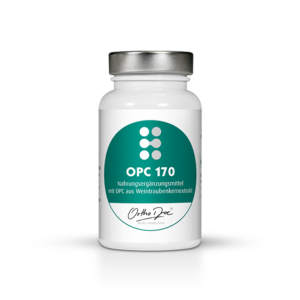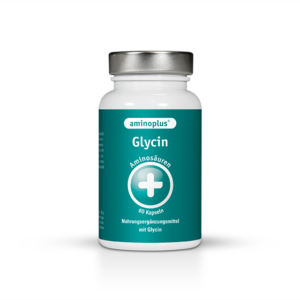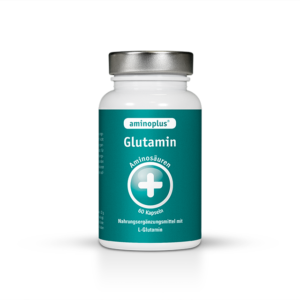NEWSLETTER
Do multivitamins increase mortality?
“Multivitamins increase mortality by 4%.”
What’s really behind the headline? In a nutshell: Nothing!
There is no question that such headlines are effective in the media. But if multivitamins are not even defined in more detail and study participants answer for themselves, even large studies do not allow any conclusions to be drawn about benefits or possible risks. Worse still, they wrongly stir up fear. Find out more about the background and methodological weaknesses of the study.

Our company – for products that deliver what they promise
First things first:
- The observational study “Multivitamin Use and Mortality Risk in 3 Prospective US Cohorts”(Jama Network.com) used data from 3 prospective cohort studies, totaling data from 390,124 participants
- “Multivitamins” were not scrutinized or differentiated, so the intake of unspecific $1 supermarket goods was equated with individually formulated supplements according to indication
- Due to the methods used, prospective observational studies can at best prove an association, but not causality
- The authors themselves admit numerous weaknesses: Bias due to falsification or differences in the composition of the multivitamin supplements taken. A falsification is possible, for example, if older people or people who feel ill are more likely to take multivitamin supplements than healthy people who feel vital and fit, who therefore end up in the comparison group. Taking multivitamin supplements then produces a non-causal positive correlation. However, this is not due to the intake, but to the increased mortality risk of the group of people compared to their younger or Healthy counterparts
- The results are based solely on self-reporting by the participants.
A look at the details:
Large-scale cohort study, 390,000 participants – at first glance, this sounds like valid data. However, a look at the details quickly reveals that the study does not allow any conclusions to be drawn about the benefits or risks of any multivitamin supplements.
A key problem is certainly that prospective cohort studies cannot prove causality. Various biases are possible:
- “Healthy User Effect”: People with a healthier lifestyle usually report a healthier lifestyle, eat healthier, smoke less and may be more likely to take supplements
- “Sick user effect”: In contrast, patients increasingly turn to dietary supplements after a diagnosis in order to benefit their health.

In order to counter these weaknesses, the current studies excluded, for example, patients who had already been diagnosed with cancer at the baseline survey or who were suffering from diabetes, end-stage renal failure, post-stroke or myocardial infarction. Unfortunately, the exclusion criteria of the studies also rule out positive effects of dietary supplements on secondary prophylaxis or existing diseases from the outset.
One of the three underlying studies only includes participants who are licensed farmers who apply pesticides (!) and spread them on their fields(NIH: Agricultural Health Study). The extent to which these participants are transferable to the general population remains to be seen.
Methodology of the study: self-interview
The participants in the study were only asked in the baseline and follow-up questionnaires whether they took supplements or not. If they answered this question in the affirmative, the only further differentiation was the interval from daily to never and a question about other vitamins and minerals that are not contained in the multivitamin preparation.
The researchers chose all-cause mortality as the endpoint. The scientists used both individual examinations and pooled analyses. While the baseline surveys of the three underlying studies produced comparable results, the studies varied considerably during follow-up, so the researchers used time-varying analyses for each cohort and used meta-analyzed risk estimates. With the exception of family history of cancer, all covariates caused the pooled risk coefficients to change by more than 10 percent at least once. These included education, alcohol and caffeine intake as well as BMI, smoking, etc. Multivariable-adjusted models were stratified with potential modifications.
In short: The scientists used numerous mathematical and statistical methods including, for example, Cox proportional hazard models with time-dependent consideration of the intake of multivitamin products in order to evaluate the available data. After all their efforts, they conclude that the intake of multivitamins does not reduce overall mortality with a multivariable-adjusted (!) hazard ratio of 1.04. For publicity reasons, this figure can be turned around and a “mortality increase of 4 %” can quickly be printed as a headline.
But even the most complicated calculations are worthless if no data is collected or differentiated as to what patients take, in what dosage and what composition. If it were so easy to take “any multivitamin product”, there wouldn’t have to be countless different formulations on the market. In addition, there would be no need for doctors, therapists or experts if it didn’t matter what was taken anyway.




